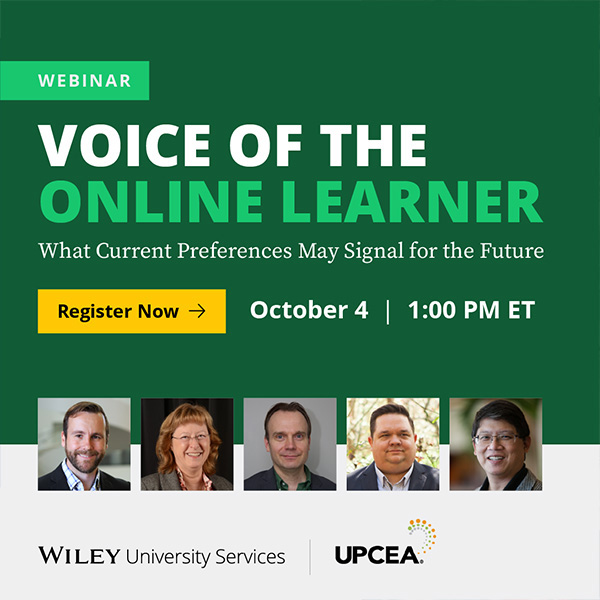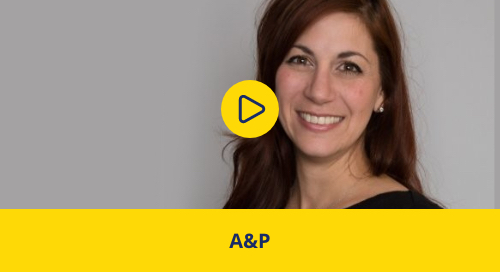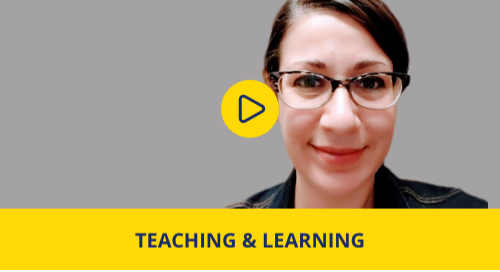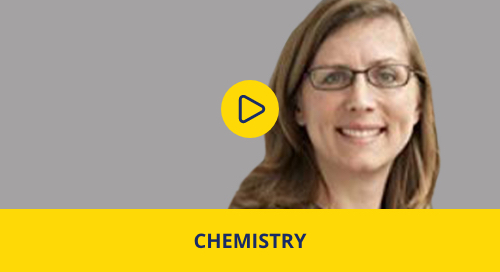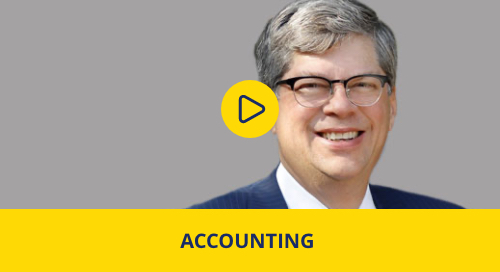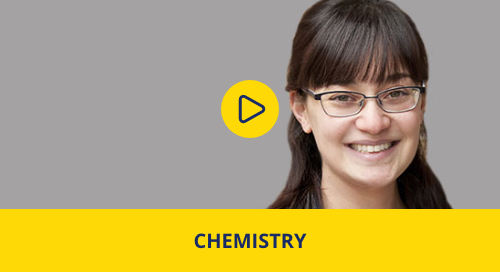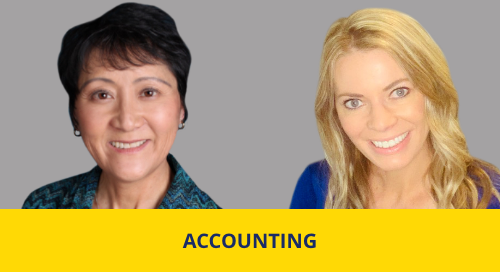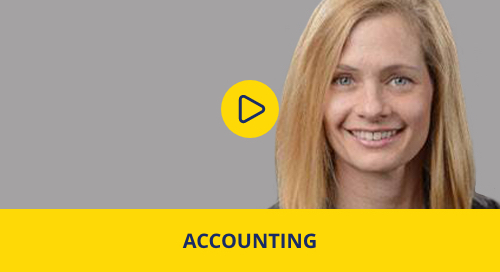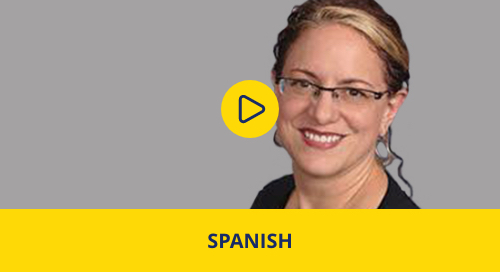when-good-students-make-bad-decisions-the-psychology-of-why-students-cheat
Explore the individual, situational, and cultural explanations of cheating.
You knew how to test and assess your students… until you didn’t. The shift to fully online learning turned what was once a minor problem into the headlining issue of your courses: academic dishonesty.
Cheating hacks your time, your patience, and your confidence in your ability to effectively measure students’ outcomes. Like all wicked problems, there isn’t a simple solution. Yet you can learn to manage the challenge more effectively by examining the psychological underpinnings of cheating as well as the strategies and tools available to combat it.
Speaker:
Dr. David Rettinger
- Picture
-

- Description
-
Dr. David Rettinger, Ph.D. is Professor of Psychological Science and Director of Academic Programs at the University of Mary Washington. He also is Procedural Advisor to UMW’s student-run honor system. His academic research interest is in academic integrity behavior, having published research on the psychology of cheating in Theory into Practice, Research in Higher Education, Ethics and Behavior, and Psychological Perspectives on Academic Cheating. Rettinger is President Emeritus of the International Center for Academic Integrity, an organization founded to combat cheating, plagiarism, and academic dishonesty in higher education. In addition, he leads the organization's efforts in assessment and survey research, continuing the McCabe academic integrity survey. He earned a Ph.D. (1998) and an M.A. (1994) in psychology from the University of Colorado, Boulder, after receiving a B.A. (1991) with high honors and distinction in psychology from the University of Michigan, Ann Arbor.

